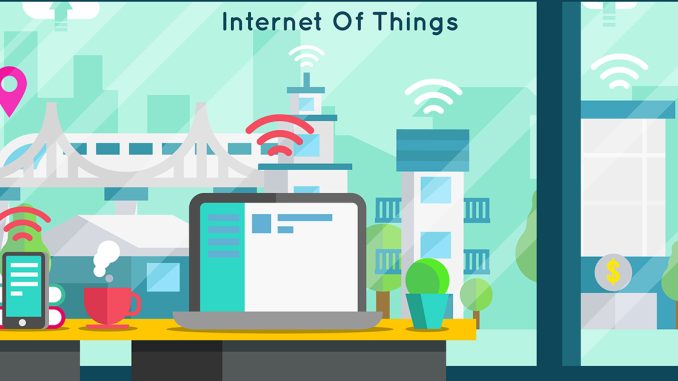
The Internet of Things (IoT) is no longer just a buzzword—it’s already part of our homes, workplaces, and cities. As technology advances, IoT devices are becoming smarter, more connected, and deeply integrated into daily routines. This evolution is shaping a future where the physical and digital worlds blend seamlessly.
What Is IoT?
IoT refers to the network of physical objects—such as appliances, vehicles, and wearable devices—embedded with sensors, software, and internet connectivity. These devices collect and share data, enabling them to interact with each other and with us in real time.
How IoT Is Transforming Everyday Life
1. Smart Homes
From voice-controlled lights to refrigerators that track your groceries, IoT is making homes more convenient and energy-efficient. For example, a smart thermostat can learn your schedule and adjust the temperature automatically, reducing energy waste.
2. Connected Health
Wearable devices now monitor heart rates, sleep patterns, and even stress levels. In the future, these devices could send real-time health alerts to doctors, making preventive healthcare more proactive and personalized.
3. Smarter Transportation
Connected cars and traffic systems can share data to reduce congestion and improve safety. Soon, autonomous vehicles may coordinate with smart infrastructure to optimize travel times and prevent accidents.
4. Retail and Shopping
IoT will make shopping more seamless. Imagine walking into a store where sensors track your cart and charge you automatically when you leave—no checkout lines, no scanning required.
5. Urban Living
Smart cities are using IoT to monitor air quality, manage waste, and control street lighting. These applications not only improve efficiency but also create more sustainable urban environments.
What the Future Holds for IoT
As IoT devices become faster and more secure, their role in everyday life will expand. Artificial Intelligence will enhance IoT systems, enabling them to predict needs before they arise. For example, your car could schedule its own maintenance, or your fridge could order groceries before you run out.
However, the future of IoT will also require strong cybersecurity measures. With so many connected devices, protecting personal data will be a top priority. Regulations and industry standards will likely evolve to address these concerns.
Final Thoughts
The future of IoT promises a world where technology quietly works in the background to make life safer, healthier, and more efficient. By embracing these innovations responsibly, we can look forward to a connected future that truly enhances everyday living.
